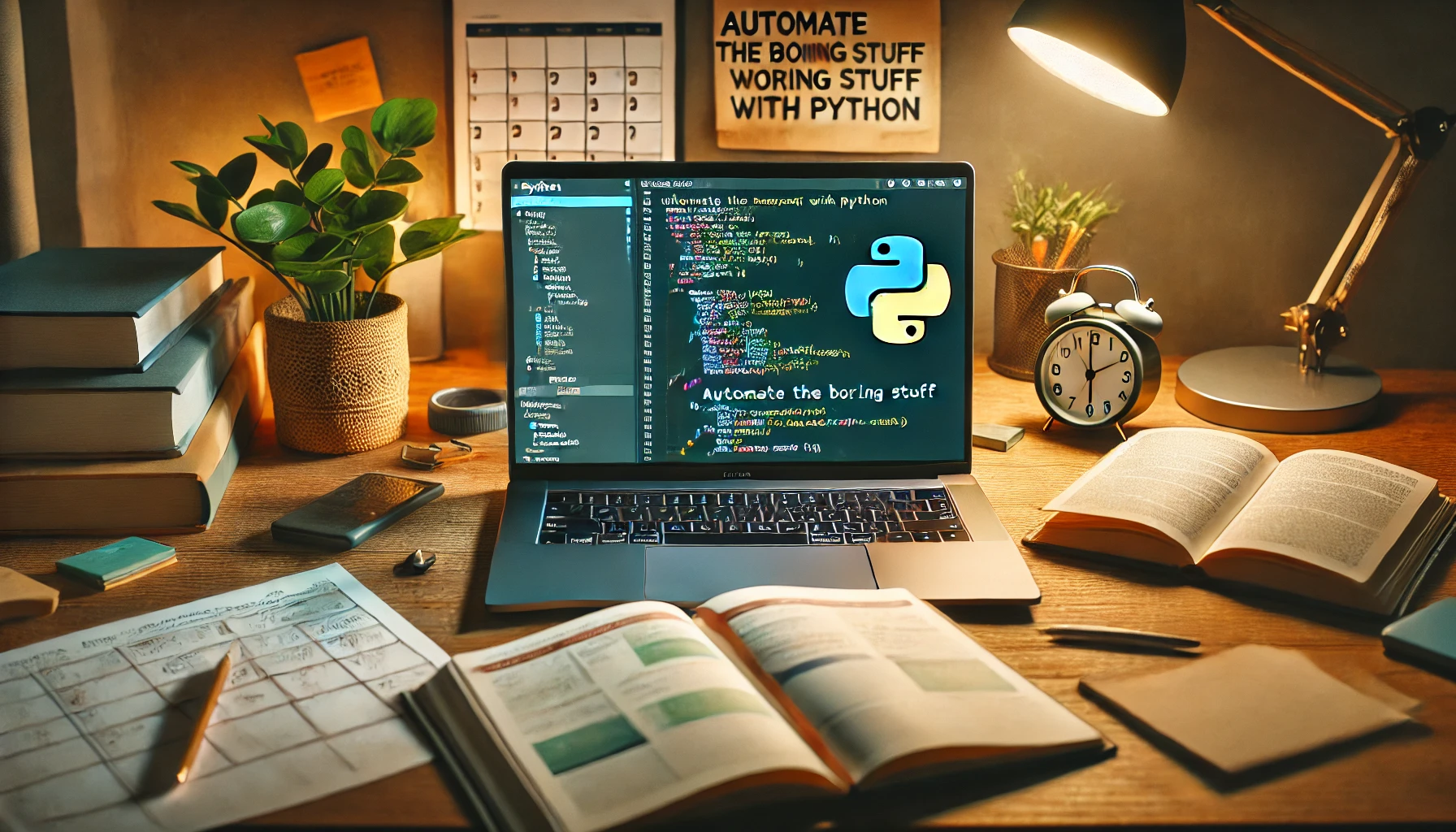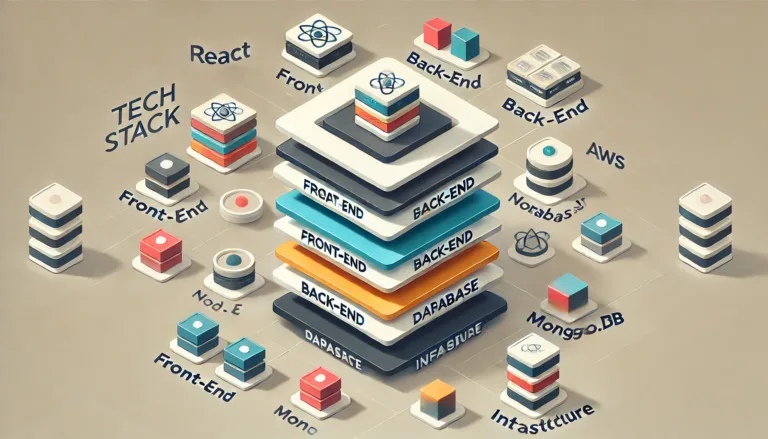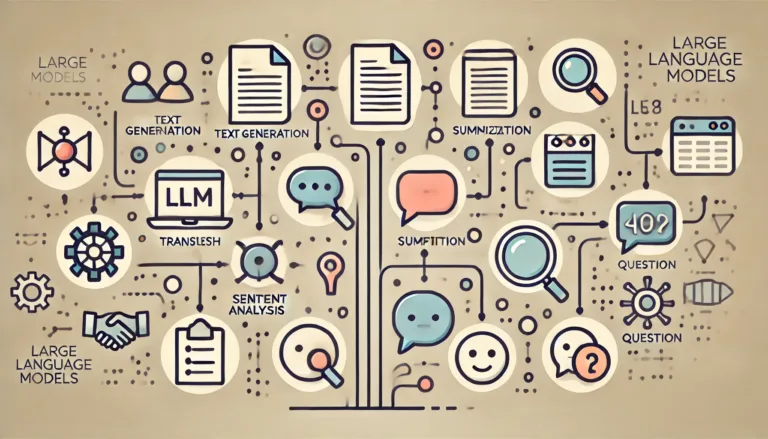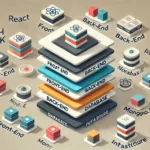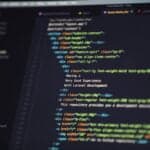Introduction
Python has steadily climbed to the top of the programming language ladder, becoming a go-to choice for beginners and seasoned developers alike. Its simplicity, versatility, and widespread adoption in fields like web development, data science, and artificial intelligence make it an attractive language to learn. From hobbyists wanting to automate simple tasks to professionals aiming to break into data-driven careers, Python’s appeal spans across diverse audiences.
But one question often arises for those considering learning Python: “How long does it take to learn Python?”
The answer, however, is not straightforward. The time it takes to learn Python varies greatly based on a few key factors: your prior experience, the level of proficiency you want to achieve, and the time you can consistently commit to learning. Understanding these variables can help you create a more realistic and tailored learning plan.
In this blog, we’ll dive into the major factors influencing learning time, recommend some resources based on your goals, and offer strategies for making your Python learning journey as efficient as possible.
If you are new at coding, you should definetely check this post first!
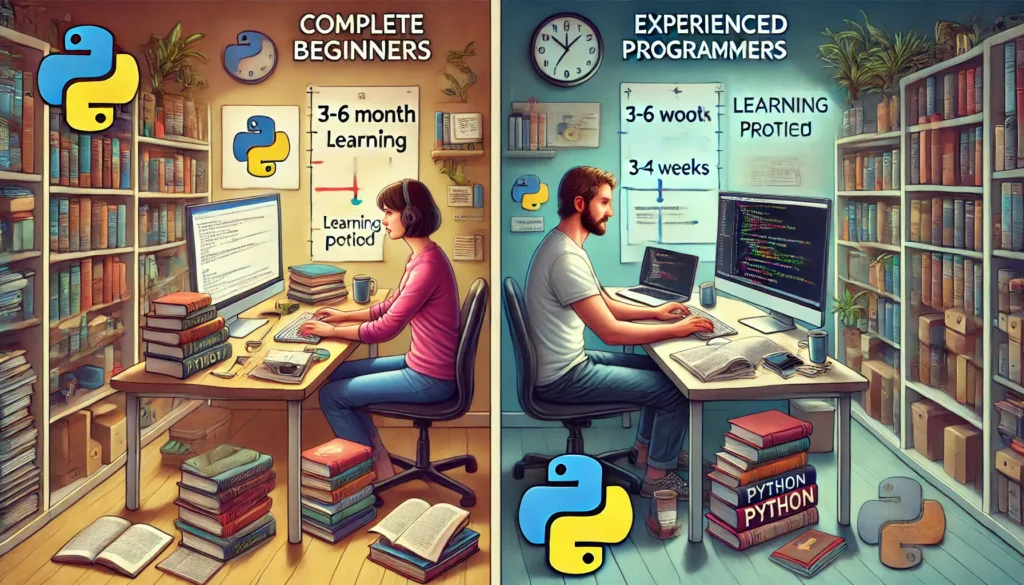
Factors Influencing Learning Time
Prior Experience
Complete Beginners: If you’re starting from scratch with no prior coding experience, learning Python will likely take longer. Beginners can expect to spend 3 to 6 months gaining familiarity with Python’s basic syntax and core concepts. During this period, new learners will need to grasp fundamental programming topics like variables, loops, functions, and conditionals, along with Python-specific features such as its intuitive handling of data types and built-in libraries.
Experienced Programmers: If you’re already proficient in another programming language, picking up Python will be significantly quicker. Most experienced developers can become comfortable with Python’s syntax and core features within a few weeks to a month. Due to similarities in programming paradigms, concepts like variables, loops, and conditionals will feel familiar, allowing you to focus on Python’s unique capabilities and idiosyncrasies.
Learning Goals
Basic Proficiency: Achieving basic proficiency involves learning the essential elements of Python programming. This level includes understanding variables, loops, functions, conditionals, and working with simple data structures like lists and dictionaries. Gaining this foundational knowledge typically takes about 1 to 3 months of consistent study, depending on how much time you dedicate each week.
Intermediate Skills: To progress beyond the basics, you’ll need to dive into more complex topics like object-oriented programming (OOP), data manipulation with libraries like NumPy or pandas, and understanding algorithms. Achieving intermediate proficiency can take an additional 3 to 6 months of dedicated learning and practice, especially if you incorporate small projects that apply these concepts in real-world scenarios.
Advanced Topics: Mastering advanced Python concepts involves tackling specialized fields such as web development (using frameworks like Django or Flask) or data science (working with libraries like scikit-learn or TensorFlow). Depending on your focus, reaching an advanced level could take anywhere from 6 months to a year or more. These topics require a deeper understanding of programming paradigms and domain-specific applications, which often involves a steep learning curve.
Study Commitment
The time you dedicate each day to learning has a direct impact on how quickly you’ll see progress. Consistency is key: studying for 1-2 hours daily is far more effective than sporadic, lengthy sessions. With a steady routine, you can achieve basic proficiency within a few months. However, if your study is irregular—say only a few hours on weekends—it may take significantly longer to build and retain knowledge.
For example, someone committing to 10-15 hours per week can likely reach a basic level of comfort in Python in 1-2 months. In contrast, those spending only 5 hours a week might need closer to 6 months for the same progress. This disparity highlights the importance of setting a realistic and consistent study schedule to accelerate learning.
Recommended Learning Resources
To accelerate your Python learning journey, choosing the right resources is crucial. Whether you prefer structured courses, books, interactive platforms, or video tutorials, there’s something for everyone. Below, we’ve categorized some of the best resources based on different learning styles and timelines.
Online Courses
1. Coursera’s Programming for Everybody
Duration: 4-5 weeks (assuming a few hours per week).
Focus: This course, created by the University of Michigan, is perfect for beginners and provides a solid foundation in Python programming. It covers basic syntax, loops, conditionals, and functions, making it an excellent starting point for those with no prior experience.
2. Codecademy
Duration: 10-15 hours.
Focus: Codecademy’s interactive platform is designed for hands-on learners who prefer “learning by doing.” It offers a mix of short exercises and real-time feedback, which helps reinforce concepts quickly. This course is ideal if you want to grasp Python basics in a highly interactive manner without committing to a lengthy program.
3. edX’s Introduction to Computer Science Using Python by MIT
Duration: Several weeks.
Focus: This comprehensive course dives deep into computer science fundamentals using Python as a teaching tool. With a heavier emphasis on problem-solving and algorithmic thinking, it’s better suited for learners aiming to gain a strong foundation in both programming and computer science concepts.
Books
1. Automate the Boring Stuff with Python by Al Sweigart (Get here)
Duration: 1-2 months.
Approach: This book is perfect for beginners looking to apply Python to practical, everyday tasks. It covers basic programming concepts through engaging projects, such as automating file management or web scraping. This hands-on approach helps new learners grasp how Python can solve real-world problems in a relatively short amount of time.
2. Learning Python by Mark Lutz (Get here)
Duration: Several months.
Approach: Mark Lutz’s book is a comprehensive and thorough exploration of Python’s inner workings. It delves into both basic and advanced topics, making it more suitable for learners who want a deep understanding of the language. Due to its extensive coverage, expect to spend a few months working through this guide.
Interactive Platforms
1. Real Python
Real Python offers a mix of beginner-friendly tutorials, intermediate guides, and advanced content. Covering a broad spectrum of topics from simple scripting to web development and data analysis, it provides something for every learner. Depending on the tutorials you choose, engaging with the platform regularly over a period of several weeks can solidify both basic and advanced Python skills.
2. LearnPython.org
This platform provides a series of self-paced tutorials designed for absolute beginners. Its flexibility allows you to progress at your own speed, making it an excellent choice if you’re balancing learning with a busy schedule. Whether you spend a few weeks or months here, LearnPython.org lets you dive into core concepts and practice coding directly in the browser.
YouTube Channels
1. Corey Schafer
Corey Schafer’s channel is well-known for its high-quality, in-depth tutorials on various Python topics, ranging from basic syntax and libraries to web development and data science. His detailed explanations make complex topics approachable, and his playlists are structured to build knowledge progressively.
2. Tech With Tim
This channel offers a more project-based approach, featuring tutorials on building games, working with machine learning libraries, and creating full-fledged applications. The focus on hands-on projects is excellent for those who want to learn by creating and experimenting.
Benefits of Visual Learning
Depending on the depth of the topics you explore, engaging with YouTube tutorials can range from a few weeks to several months.
Visual learning can be particularly effective for understanding abstract concepts or seeing code in action. Additionally, the variety of content available allows you to pick and choose according to your specific interests and goals.
Whether you prefer online courses, books, interactive exercises, or video tutorials, each of these resources can help you tailor your Python learning experience to fit your schedule and objectives.
Study Strategies for Faster Learning
While choosing the right resources is essential, the way you approach your learning journey can significantly impact your progress. Below are some effective strategies to help you maximize your study efforts and achieve proficiency in Python faster.
Set Clear Learning Goals
Before diving into Python, take a moment to define what success looks like for you. Are you aiming for basic proficiency, hoping to automate some repetitive tasks? Or are you aspiring to master data science or web development using Python? Having a clear vision of your learning objectives will help you stay focused and measure your progress effectively.
- Beginner Goal: Understand core syntax and build small programs.
- Intermediate Goal: Become proficient with data structures, object-oriented programming (OOP), and common libraries.
- Advanced Goal: Tackle specialized areas like machine learning, web frameworks, or creating full-fledged applications.
Setting specific milestones—such as “Complete an interactive course in 3 weeks” or “Build a basic web scraper in 1 month”—can break down your broader goals into achievable steps.
Consistent Practice
Consistency is more powerful than intensity when it comes to learning a new skill. Studying for short periods every day is far more effective than cramming for several hours over the weekend. Regular exposure helps reinforce concepts, improve retention, and reduce the “forgetting curve” that often hinders learners.
- Recommended Practice Schedule: Aim for at least 1-2 hours daily or a minimum of 5-7 hours per week.
- Incorporate Practice into Daily Routines: Start your morning with a coding exercise or end your day by reviewing code snippets. The key is to make coding a habit.
By maintaining a consistent practice schedule, you’ll see gradual but steady improvement, building a strong foundation that you can expand on as you progress.
Hands-On Projects
One of the best ways to internalize what you’ve learned is through practical application. Working on small projects allows you to experiment, solve real-world problems, and reinforce theoretical concepts in a meaningful context. Even basic projects, like building a to-do list or automating a simple task, can solidify your understanding and boost your confidence.
- Beginner Projects: Create a calculator, build a text-based game, or automate simple file operations.
- Intermediate Projects: Develop a web scraper, build a personal budget tracker, or create a small web application.
- Advanced Projects: Implement a machine learning model, build a portfolio website, or create a data visualization dashboard.
The hands-on experience gained from projects not only improves your problem-solving skills but also makes your learning journey more engaging and rewarding.
Join Communities
Learning in isolation can be challenging and even demotivating at times. That’s why it’s essential to connect with other learners and experienced developers through online communities. Platforms like Reddit, Stack Overflow, and Discord offer spaces where you can ask questions, share your progress, and get feedback.
- Reddit: Subreddits like r/learnpython and r/Python are great for discussing challenges, finding project inspiration, and receiving advice from experienced programmers.
- Stack Overflow: An excellent resource for troubleshooting specific coding issues. Use it to ask technical questions or browse existing solutions.
- Discord Communities: Consider joining Discord servers focused on programming, such as the Python Discord. These real-time platforms can be invaluable for quick questions and casual conversations.
Engaging with communities offers not just technical support but also camaraderie and encouragement, which can keep you motivated and on track.
By setting clear goals, maintaining consistent practice, applying your knowledge through hands-on projects, and leveraging the power of peer communities, you can accelerate your Python learning journey and achieve your desired level of proficiency more efficiently.
Conclusion
Learning Python is a journey that can vary significantly depending on your background, learning goals, and study habits. We’ve explored how prior experience can influence your learning time, with complete beginners needing anywhere from 3 to 6 months to grasp the basics, while experienced programmers might master it in just a few weeks. Additionally, the depth of knowledge you want to achieve—whether it’s basic proficiency, intermediate skills, or advanced mastery—will dictate the duration of your learning process. Consistency is key, and dedicating just 1-2 hours daily can lead to significant progress.
The strategies we covered, such as setting clear goals, consistent practice, and engaging with hands-on projects, provide a structured approach to learning Python more effectively. Moreover, joining communities like Reddit and Stack Overflow can offer support, encouragement, and technical advice along the way.
Remember, no matter where you start, with determination and the right resources, anyone can learn Python. The beauty of programming is that it’s a skill you can build step-by-step at your own pace.
Ready to get started? Take a moment to explore the resources mentioned and set personalized learning goals that align with your interests. The world of Python awaits—happy coding!
Additional Resources
Here are some valuable resources to help you continue your Python journey:
- Python.org: The official website offers comprehensive documentation, tutorials, and guides for Python.
- Codecademy: Interactive Python courses that cover fundamental and advanced topics.
- Coursera: Courses from top universities, including the popular “Programming for Everybody” by the University of Michigan.
- Automate the Boring Stuff: Al Sweigart’s free book that focuses on practical projects.
- Real Python: A mix of beginner to advanced tutorials and resources, ideal for continuous learning.
- LearnPython.org: A self-paced interactive tutorial site with a broad range of lessons.
For community support and peer learning, consider visiting:
- r/learnpython on Reddit: A beginner-friendly space for questions and guidance.
- Stack Overflow: A go-to resource for troubleshooting and finding solutions to specific coding problems.
- Python Discord: An active community for live discussions, project collaboration, and real-time support.
Feel free to explore these resources and see which ones resonate with your learning style. Good luck, and enjoy the process of mastering Python!
FAQ: Learning Python
- Q: How long does it take to learn basic Python?
- A: For complete beginners, it typically takes 1 to 3 months of consistent study to grasp Python’s basic concepts like variables, loops, and functions. This timeline can be shortened if you have prior programming experience.
- Q: Can I learn Python without any programming background?
- A: Absolutely! Python is considered one of the most beginner-friendly programming languages due to its straightforward syntax and readability. With dedication and regular practice, you can go from zero to beginner proficiency within 3 to 6 months.
- Q: What are the best resources for learning Python?
- A: There are numerous resources to choose from, depending on your learning style. Some popular options include Coursera for structured courses, Codecademy for interactive learning, and books like Automate the Boring Stuff with Python for hands-on projects. For more advanced learners, Real Python offers in-depth tutorials.
- Q: How can I stay motivated while learning Python?
- A: Setting clear goals, building small projects, and joining online communities like r/learnpython or Python Discord can help keep you engaged. Sharing your progress and collaborating with others makes the learning process more interactive and rewarding.
- Q: Is Python enough to get a job in tech?
- A: Yes, Python is widely used in fields like web development, data science, and machine learning. However, to be job-ready, you’ll need to supplement your Python skills with knowledge of related frameworks, libraries, and problem-solving strategies relevant to your desired role.


